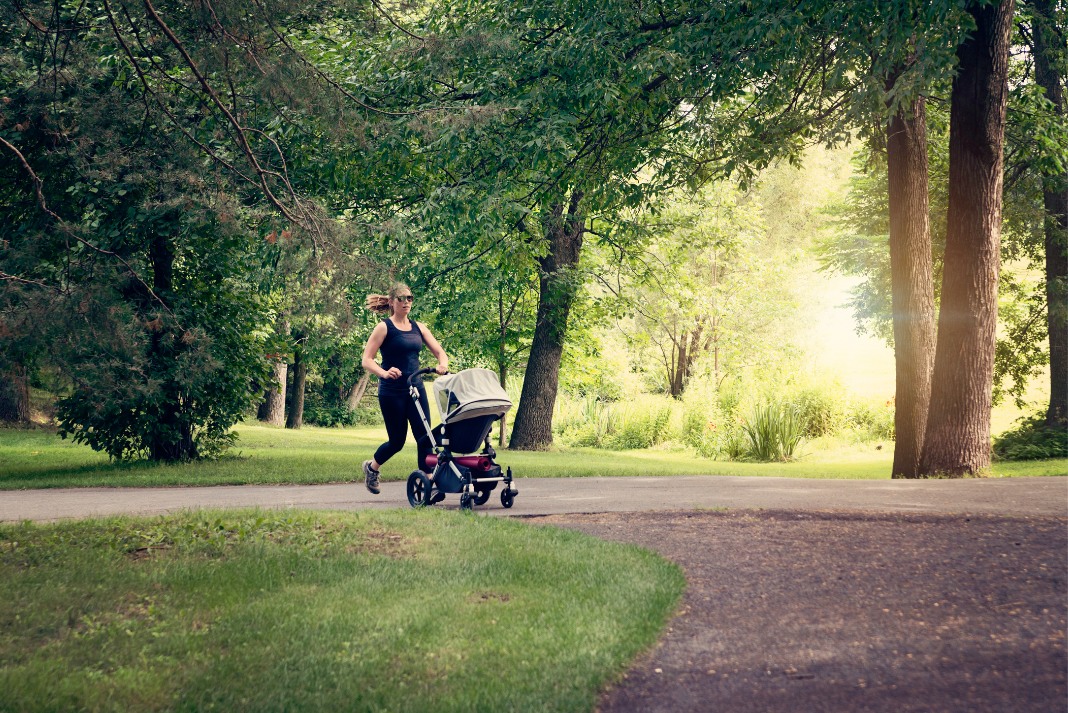Becoming a mother is a life-changing experience that can bring a mix of emotions, from joy and excitement to fear and uncertainty. Along with the physical changes that come with childbirth and caring for a newborn, many new mothers experience psychological changes. These changes can be overwhelming, and it’s important to remember that it’s normal to feel this way.
One common psychological change that new mothers experience is a feeling of sadness or depression, known as postpartum depression. It’s more than just the “baby blues” and can last several weeks or longer. Symptoms of postpartum depression can include sadness, hopelessness, exhaustion, difficulty bonding with the baby, and a loss of interest in activities that used to bring joy. If you are experiencing these symptoms, it’s important to seek help from a healthcare provider or mental health professional.
Another common change for new mothers is a feeling of anxiety related to the responsibility of caring for a newborn and concerns about their abilities as a mother. It’s important to remember that feeling overwhelmed and seeking support from friends, family, or a mental health professional is okay.
It’s common for couples to experience a shift in their relationship dynamics as they adjust to their new roles as parents. New mothers may also experience changes in their relationships with their partners and other family members. Communicate openly with your partner and seek support from one another as you navigate these changes.
It’s also common for new mothers to feel isolated, especially if they cannot spend time with other new mothers or have limited social support. Consider reaching out to friends and family for help or joining a support group for new mothers.
Many women must have experienced these tumultuous emotions, clashing with joy, love, and many adjustments as they navigated their new role as new mothers this past year.
So, as we enter the new year 2023, let us take a moment to reflect on the past year and set intentions for the year ahead. As the new day dawns, let us remember to take care of ourselves and prioritize our own needs in order to be the best mother we can be.
Tips for new mothers as we enter the new year
- Practice self-care. It’s easy to put your own needs aside when you have a newborn to care for, but it’s important to remember that taking care of yourself is essential for your own well-being and the well-being of your family. Make sure to carve out some time for activities that nourish your mind, body, and spirit, whether it’s taking a hot bath, going for a walk, or practicing a hobby.

- Set goals and make a plan. Now is a great time to think about what you want to achieve in the new year, personally and as a mother. Maybe you want to start a new hobby, get back into shape, or find a work-life balance that works for you. Whatever your goals, it’s important to make a plan and take small steps towards achieving them.
- Make time for your partner. It’s easy for new mothers to get caught up in the demands of caring for a newborn and forget about their relationships with their partners. Make sure to carve out some time to connect with your partner, whether going out on a date night or simply having a quiet conversation at home. Intimacy can help strengthen your relationship and provide a much-needed break from the daily routine.
- Remember to have fun. Being a mother is a lot of work, but it’s important to remember to have fun and enjoy the experience. Make time to do things you enjoy, whether reading a book, watching a movie, or going out with friends. Having fun can help you feel more energized and positive, and it’s a great way to bond with your baby.
- Don’t be too hard on yourself. Being a mother is a learning process, and making mistakes is natural. Try not to be too hard on yourself if things don’t go as planned, and remember that every mother and baby is different. Seek support and advice from trusted sources, and don’t be afraid to ask for help when needed.
- Eat good nutrition meals: A healthy, balanced diet is vital for all mothers, especially postpartum. Adequate nutrition can help to support physical recovery, boost energy levels, and improve mood. Getting enough protein, iron, and other nutrients to support healing and milk production is important.

- Take time to rest and sleep: Newborns have small stomachs and need to be fed frequently, which can disrupt a mother’s sleep patterns. New mothers must prioritize getting as much rest as possible, even if it means breaking up sleep into shorter increments. If possible, try to get some help with childcare during the day so that you can take naps when the baby sleeps. It can also be helpful to establish a bedtime routine for yourself, such as winding down with a relaxing activity before bed.
- Practice relaxation techniques: Stress and anxiety are common for new mothers as they adjust to the demands of caring for a newborn. Taking time to practice relaxation techniques, such as deep breathing, meditation, or yoga, can help to reduce stress and improve overall well-being. These techniques can be practiced anywhere, at any time, and can be a helpful way to find a moment of calm during a busy day.
- Engage in Physical activity: Regular physical activity can help to improve mood, reduce stress, and promote physical recovery after childbirth. Start slowly and gradually increase intensity as you feel ready. Walking, gentle stretching and other low-impact activities are good options for new mothers. Consult with a healthcare provider before starting an exercise program.

- Stay hydrated: Dehydration can lead to fatigue and other health problems, so new mothers need to drink plenty of water. Aim for at least 8 cups of water per day, and more if breastfeeding.
- Seek support from loved ones: It is normal for new mothers to feel overwhelmed and isolated sometimes. Seeking support from loved ones, such as a partner, family members, or friends, can help to alleviate some of the burden of caring for a newborn. It can be helpful to reach out and ask for help with grocery shopping, meal preparation, or childcare tasks.
- Seek help if you are experiencing postpartum depression: Postpartum depression is a common mood disorder that can affect new mothers. Symptoms of postpartum depression can include persistent sadness, difficulty bonding with the baby, changes in appetite or sleep patterns, and thoughts of self-harm. If you are experiencing these symptoms, seek help from a healthcare provider or mental health professional. Treatment options for postpartum depression may include therapy, medication, or a combination.
- Get out of the house: It can be helpful for new mothers to get out of the house and spend time in nature or engage in social activities. Even a short walk around the neighborhood can help to improve mood and provide a break from the demands of caring for a newborn.

- Take breaks when you need them. Being a mother is a full-time job, and it’s important to remember to take breaks and give yourself some time to recharge. Consider hiring a babysitter for a few hours, going for a walk, or simply taking a few minutes to sit down and relax.
As a new mother, you have a lot on your plate. But by taking care of yourself and seeking support, you can enter the new year feeling confident, capable, and ready to tackle whatever comes your way. Here’s to a healthy and happy new year 2023!
